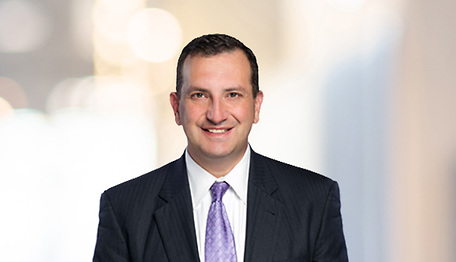Are Syndicated Loans Securities?
The ongoing case of Kirschner v. JP Morgan Chase Bank, N.A., which has traveled through the New York federal court system since 2018, is now before the Second Circuit, who are tasked with deciding the following: are syndicated loans securities?
The case is an appeal from the New York Southern District Court. The plaintiff – Marc S. Kirschner – is a trustee of the Millennium Lender Claim Trust (the “Trust”). His claims arise out of a $1.775 billion syndicated loan transaction, where the Defendants – J.P. Morgan Chase Bank, N.A., among other financial institutions – sold to the Trust’s beneficiaries debt obligations of Millennium Laboratories LLC, a lab-based diagnostic testing company.
However, three years before this transaction, a competitor of Millennium filed a civil lawsuit against them in Florida federal court, alleging violation of both the Anti-Kickback statute and the Stark Law, a federal regulation which prohibits physicians from making patient referrals to designated health services payable by Medicare or Medicaid to an entity they have a financial relationship with. A jury found against Millennium, ordering them to pay millions in compensatory and punitive damages. A year after that suit commenced, the Department of Justice (DOJ) opened an investigation into Millennium, which resulted in Millennium agreeing to a $256 million settlement. Approximately six months later, Millennium filed for bankruptcy.
Kirschner alleged eleven causes of action; notably, six of these arise under securities laws and allege that the Defendants made actionable misstatements and omissions to the investors. The Defendants moved to dismiss on the grounds that securities law does not apply; they argued that a syndicated bank loan is not a “security,” and a loan syndication is not a “securities distribution.” To address this, the lower court applied the Reves v. Ernst & Young “family resemblance” test and found that factors weighed in favor of determining that the syndicated loan was not a security.
If the Second Circuit finds differently and overturns this ruling, the effects could be significant in terms of both the market and the law. For one, syndicated loans could become more expensive for borrowers. The market may have to comply with securities laws on the state and federal level, driving up transaction costs. From a legal perspective, lawyers will likely counsel clients to cease any such deals until definitive compliance outlines are created.
Looking to resolve this issue with expert advice, the Second Circuit has requested the Securities and Exchange Commission (SEC) to share its opinion on the matter. Their response was due on June 27, 2023. It’s unclear whether the SEC’s view will sway the Court either way; regardless, this decision has the potential to create significant, long-lasting changes.
PRACTICE AREAS
KEY ATTORNEYS
-
Partner

